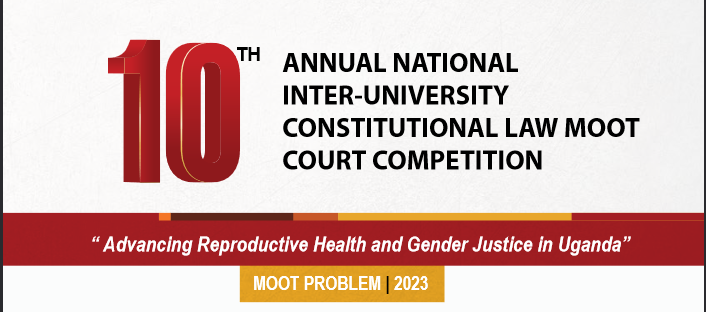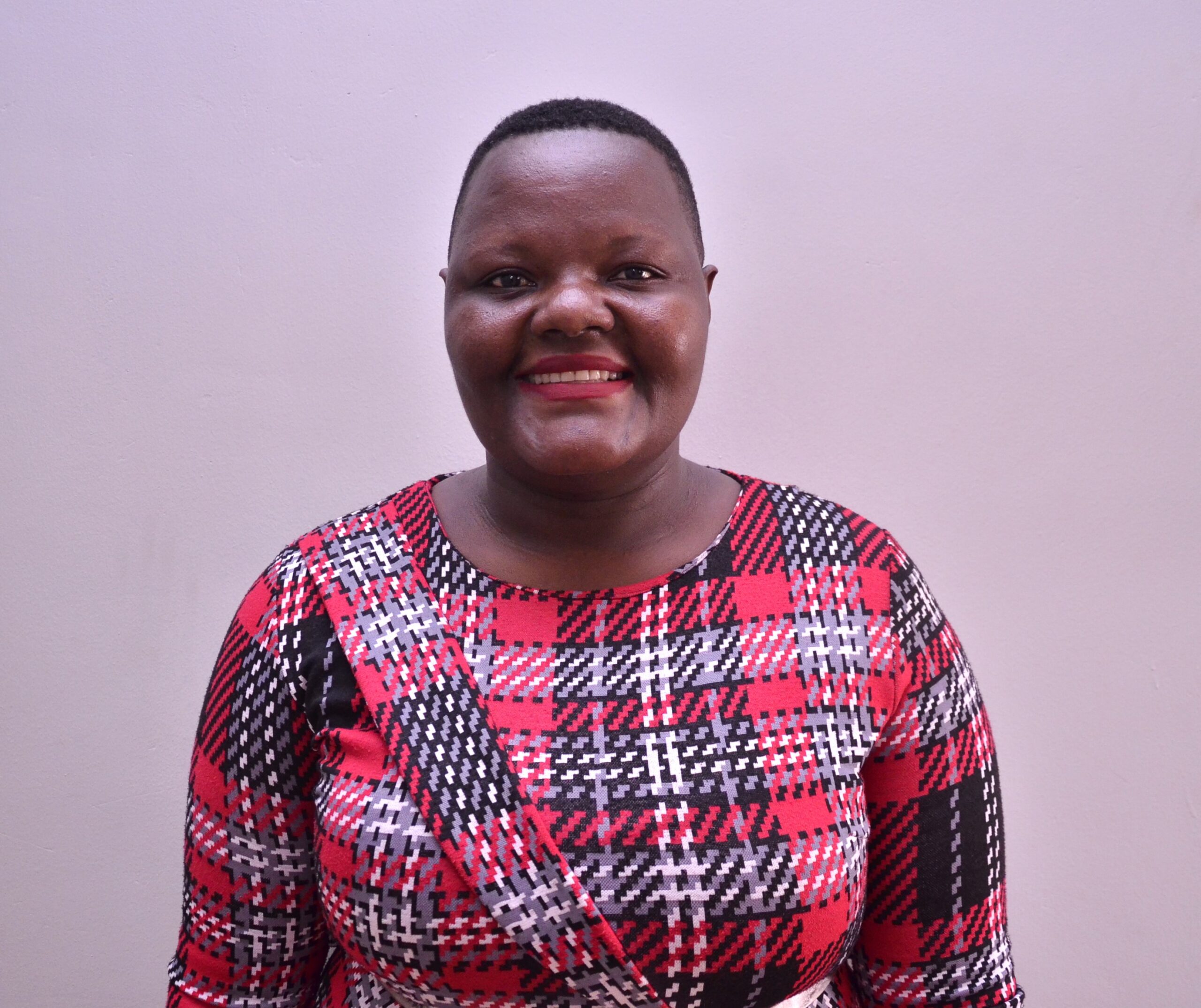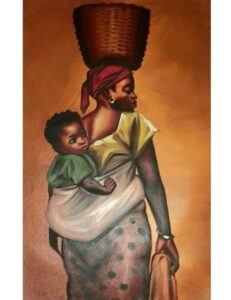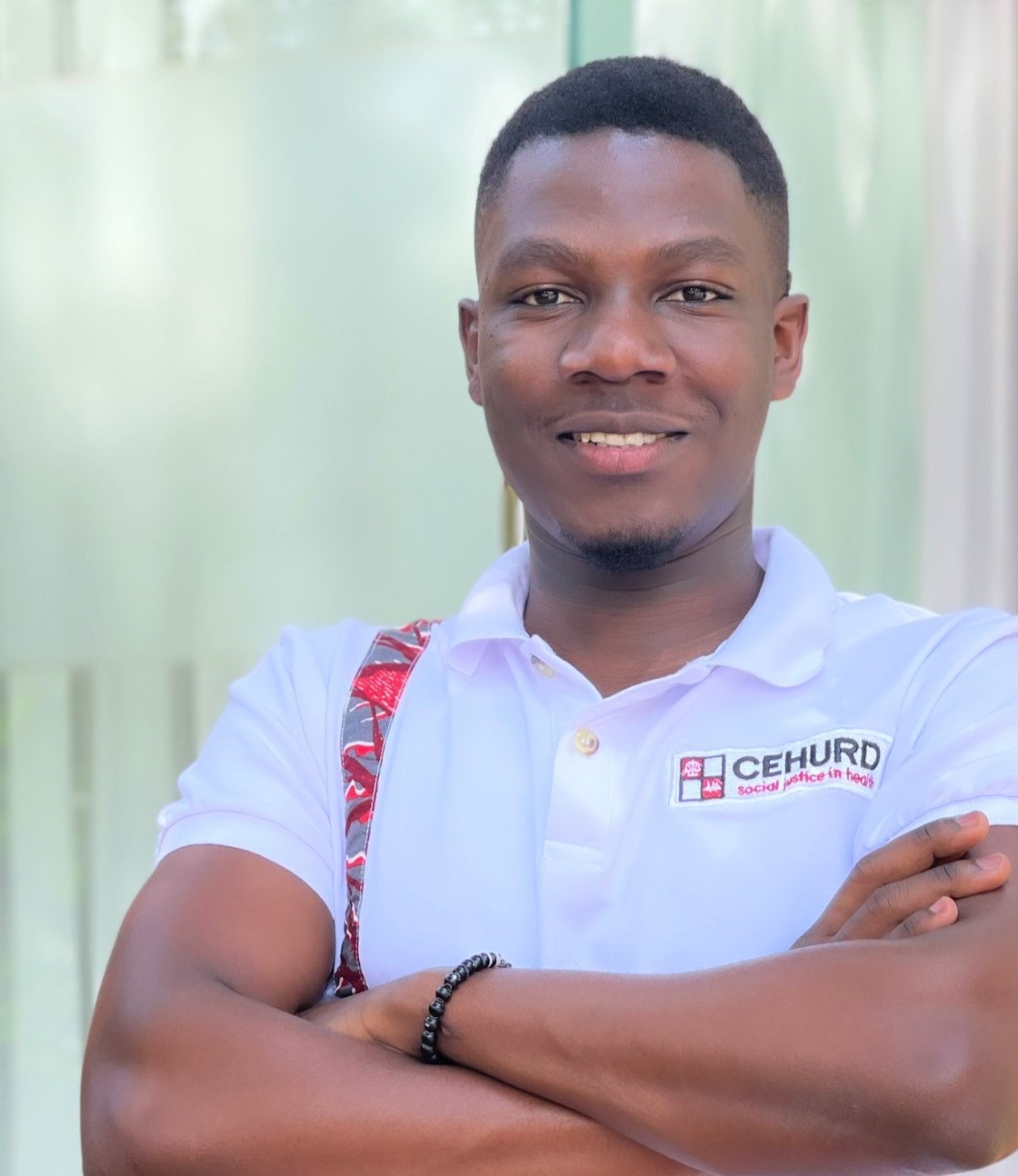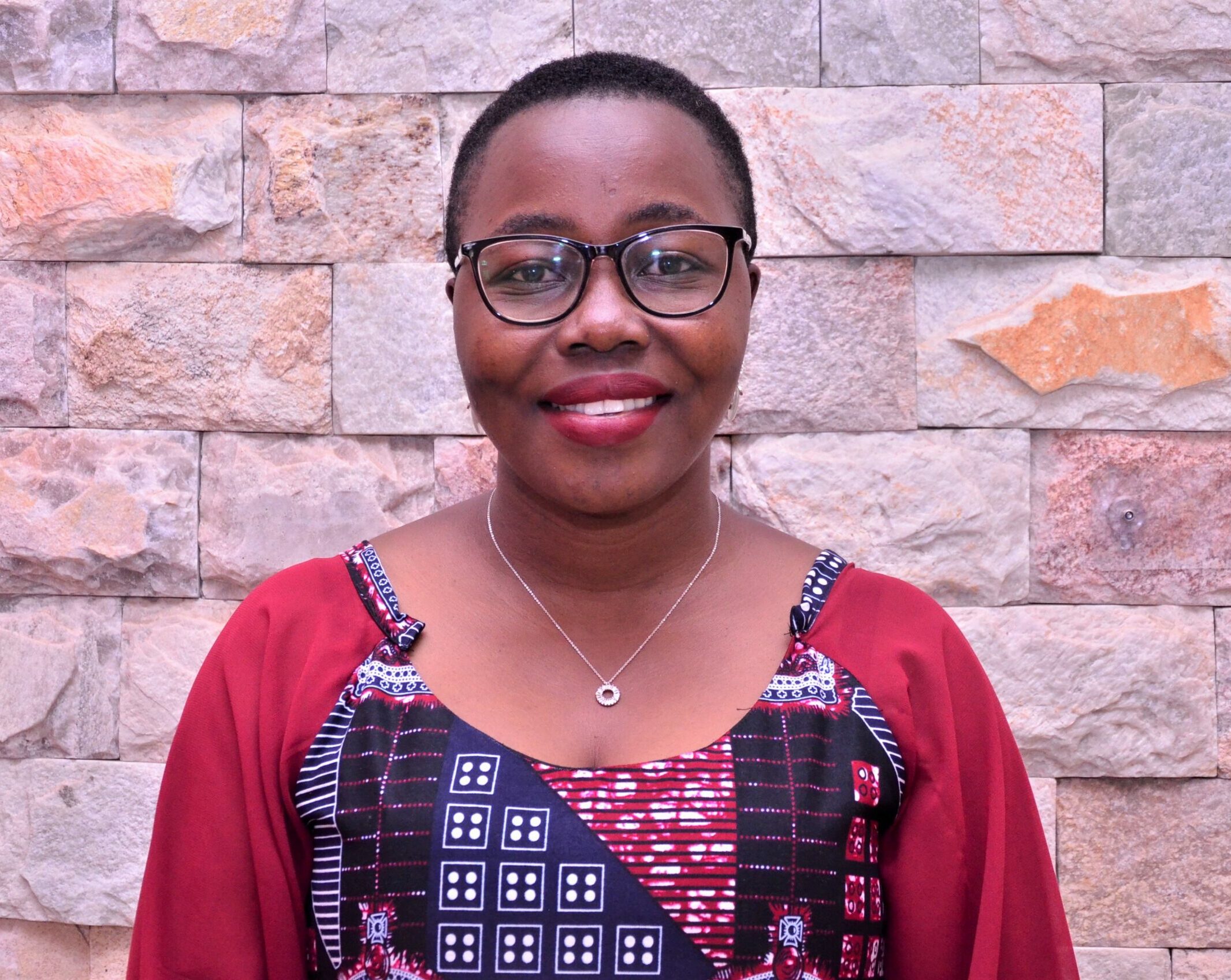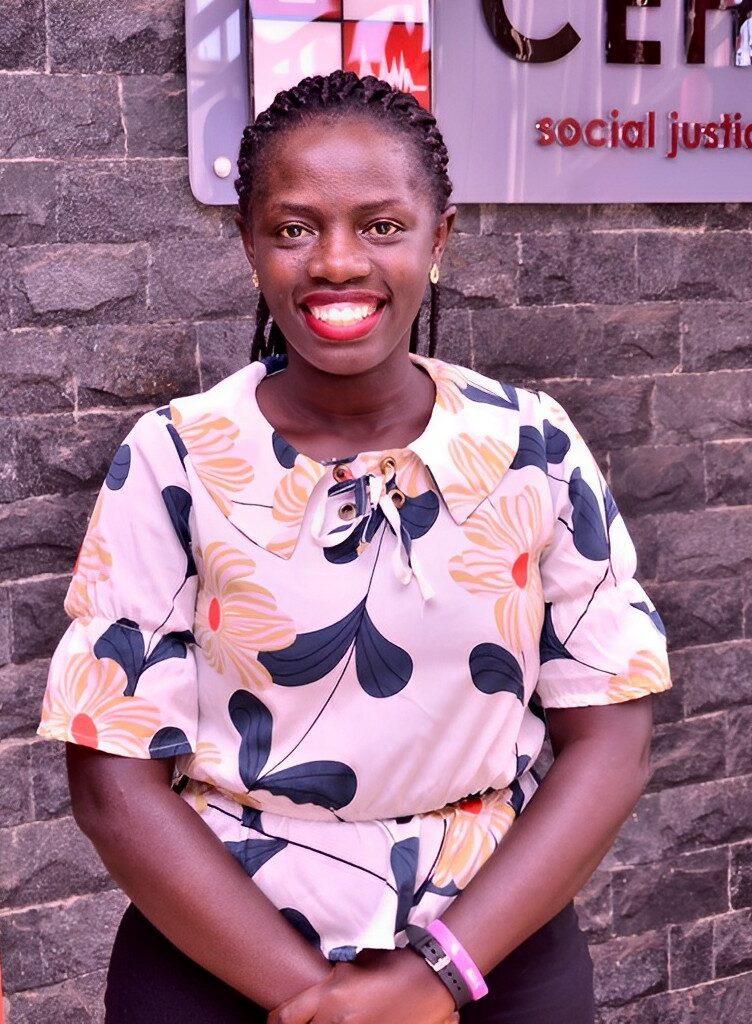CEHURD’s strategic litigation approach has been instrumental in strengthening health systems. By utilizing health workers as witnesses in strategic cases, CEHURD has shed light on systemic issues and advocated for policy reforms. Through these efforts, we have successfully influenced positive changes in the healthcare infrastructure, resource allocation, and access to essential medicines and supplies.
By Ms. Ajalo Ruth
CEHURD is a non-governmental, not-for-profit indigenous research and advocacy organisation established to pioneer advocacy for the justiciability of the right to health in Uganda and East Africa, and with a regional and global impact. CEHURD works towards ensuring that the vulnerable communities in Uganda access health systems and that social justice and human rights in health systems are realized. One of the goals of the organization is to create an enabling legal environment and justice system that promotes, respects, and guarantees the right to health.
The provision of quality sexual and reproductive healthcare services in Uganda has long been a challenge, especially in under-served communities. CEHURD has over the years taken a deliberate effort in transforming healthcare through legal and policy awareness on sexual and reproductive health and rights thus empowering health service providers with the right information to deliver quality health care. This has been realized through a multi-faceted approach that includes trainings, legal support, and strategic litigation.
CEHURD recognizes the critical role health service providers play in ensuring women and girls do not die due to preventable causes. It has nurtured and sustained relations with medical health service providers associations to create exchange learning platforms where health care service providers are equipped with up-to-date knowledge and skills to deliver effective healthcare services and advocate for better health care systems.
Health service providers have been trained on the Harm Reduction and Life Indication Models. The Harm Reduction Model refers to a range of public health policies and practices designed to lessen the negative social and/or physical consequences associated with various behaviors both legal and illegal, while the Life Indication Model addresses a lacuna that often arises when the state permits abortive procedures under certain exceptions, such as to save the life of the mother. These trainings ensure that health workers are equipped with the necessary information and tools to provide appropriate and compassionate care, reducing harm and improving health outcomes for patients and to keep within the confines of the legal framework in Uganda.
The trainings of health service providers have also paved the way for the development of various knowledge products with information guiding them on how to effectively offer SRHR information and services. There has also been ongoing litigation of cases which are advocating for a progressive legal and policy environment around SRHR to support health workers to operate and offer SRHR services legally.
Given the known controversies around abortion related health care services, CEHURD established the Legal Support Network (LSN). This is a network of lawyers that plays the crucial role of providing free legal services to health service providers who are caught up in the criminal justice system. In addition to representing health workers in legal proceedings relating to Sexual and Reproductive Health and Rights (SRHR) services, the LSN also aims at building a body of legal practitioners knowledgeable on the law and practice on SRHR in Uganda. Further, the LSN has been a big player in the various health service provider trainings as well as ensuring that the said professionals operate within the law.
More so, CEHURD’s strategic litigation approach has been instrumental in strengthening health systems. By utilizing health workers as witnesses in strategic cases, CEHURD has shed light on systemic issues and advocated for policy reforms. Through these efforts, we have successfully influenced positive changes in the healthcare infrastructure, resource allocation, and access to essential medicines and supplies.
CEHURD’s engagement with health workers has yielded remarkable success stories. Health workers involved in CEHURD’s initiatives have demonstrated improved knowledge of laws and policies surrounding SRHR. Their commitment and dedication have been recognized, with accolades such as “Midwife of the Year, 2022” awarded to deserving individuals with whom we have worked. These success stories serve as inspirations, showcasing the positive impact of CEHURD’s empowerment programs on health workers’ professional growth and patient care.
While our work with various health service providers has achieved notable progress, challenges persist; limited resources, the restrictive legal environment on SRHR, cultural barriers, and social stigmas pose ongoing obstacles to effective healthcare delivery. Additionally, health workers still face risks and legal challenges in providing care related to contested issues such as safe abortion care. CEHURD continues to address these challenges through collaborative efforts and advocacy for policy reforms.
Nonetheless, we continue to invest resources in capacity building for health workers, ensuring they receive ongoing trainings to stay afloat given the slippery Ugandan environment within which they operate vis a vis the evolving healthcare context like digital service provision. It calls for strengthened partnerships with stakeholders to advocate for progressive policies, particularly in sensitive areas like abortion. Additionally, CEHURD emphasizes the importance of expanding legal support networks to protect health workers’ rights and foster a supportive environment within the criminal justice system.
The writer is a Lawyer and a Programme Officer in the Strategic Litigation Programme at CEHURD.

